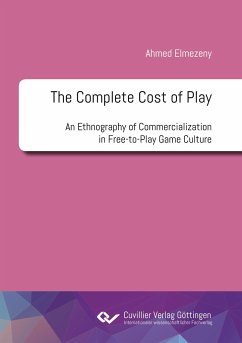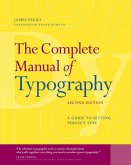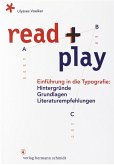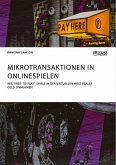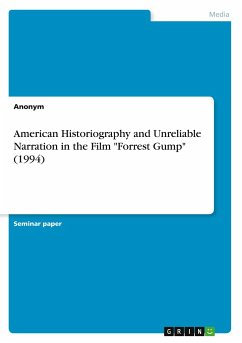Free-to-play (F2P) games have been recently taking the market by the storm, proving to be both popular among users and developers. Delivering the core experience for free and functional or decorative benefits within the game for a small price (microtransactions), can these games really be labelled free? This research explores the costs involved in playing or taking part in free-to-play game communities through an 18-month virtual ethnography. Using a specific F2P browser game which is developed and published in Germany as a case example, interviews are conducted with professionals from the game company, as well as players of the game to explore the influence the payment model has on the various aspects of the game culture. Utilizing the circuit of culture (du Gay et al., 1997) as a theoretical framework, the research empirically explores all the contexts of the game culture in question, from official and non-official game content production and regulation, to appropriation and identification by members of the culture and the representation of themes within the game and of the game within media and public discourse.
Hinweis: Dieser Artikel kann nur an eine deutsche Lieferadresse ausgeliefert werden.
Hinweis: Dieser Artikel kann nur an eine deutsche Lieferadresse ausgeliefert werden.

